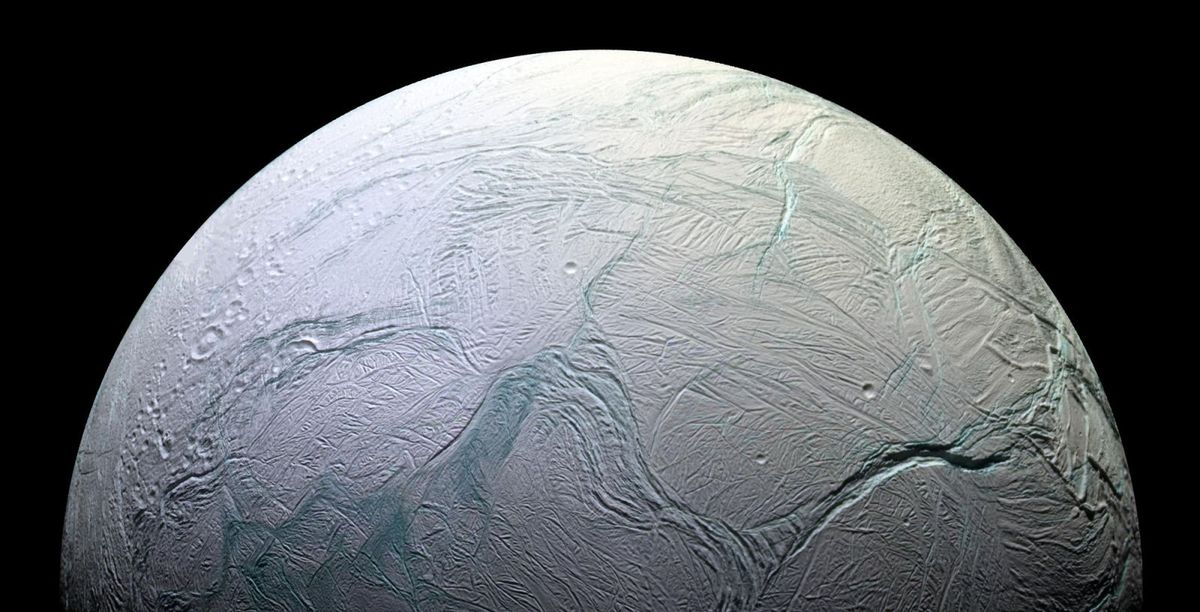Zoom Link for Colloquium 10/31/2023 3:00pm PST
Please email astrobio@uw.edu for zoom presentation password
Presented by Fabian Klenner Postdoc University of Washington department of Earth and Space Sciences
Abstract:
Active icy moons, such as Saturn’s moon Enceladus or Jupiter’s moon Europa, are among the most promising candidates to look for extraterrestrial life in the Solar System. These moons emit into space a plume of gas and ice grains sourced from a global subsurface ocean. The ice grains provide a unique opportunity to directly probe the interior ocean using mass spectrometry during spacecraft flybys. Analysis of ice grains from Enceladus revealed that the moon’s subsurface ocean is salty, and contains phosphates as well as a variety of organic compounds, some of which could potentially act as amino acid precursors. All these results are based on an analysis of spacecraft data combined with sophisticated laboratory experiments.
Here I present what we have learned from the analysis of ice grains from Enceladus and I discuss how future spacecraft might be able to find biosignatures or even life on an active icy moon.

